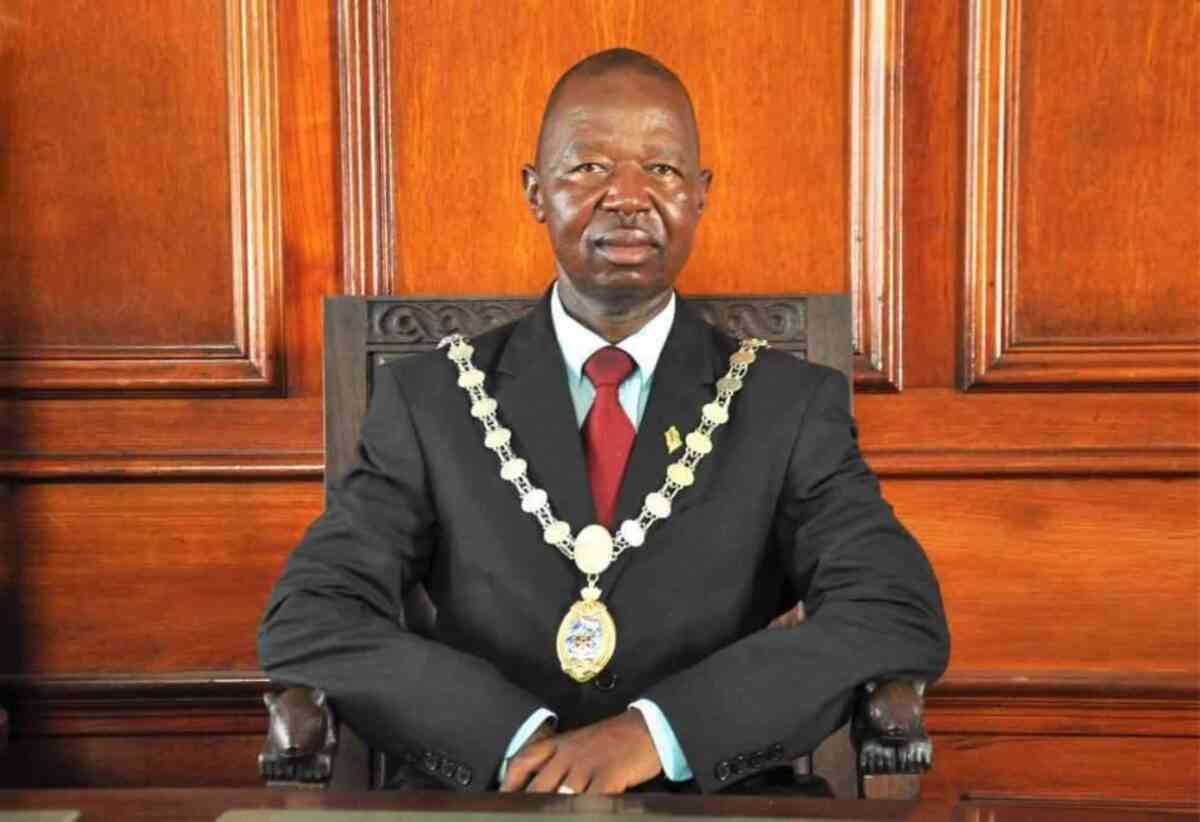
CITIZENS Coalition for Change (CCC) spokesperson Willias Madzimure has revealed that the Bereka Mwana selection method they used during the 2023 elections is the reason behind the all-male representation in certain constituencies such as Tsholotsho district in Matabeleland North province.
He said this method resulted in male-only elected councillors and Members of Parliament, amid concerns about gender imbalance and representation within the party.
Madzimure told Southern Eye that it was a tough battle for women to be elected mainly because of the method.
“We had a challenge during elections. In fact, the whole country had such a problem. As a party, we used a method called Bereka mwana, a method where people were queuing behind the candidate they preferred, which is what made it tough for women who were contesting,” he said.
“Another challenge is the economic set-up, where most women have to first discuss with the husband for permission to be part of the contestants. They at times even ask for the funds from the heads of the family, which makes it a huge challenge as well.”
Madzimure suggested that parties should come up with ways in which they can endorse and support women through funding.
“Parties should also empower their women so that they will be able to contest. They are always met by such impediments when it’s election time,” he said.
In March this year as the world commemorated Women’s History Month and International Women’s Day on March 8, women’s representation was interrogated in the 10th Parliament in Zimbabwe.
- News in depth: Fears of violent 2023 polls grow as ED fails to deliver on promises
- Chamisa party defiant after ban
- Letter to my people: Mthuli Ncube experiment has failed
- News in depth: Slain Moreblessing Ali’s family fears cover-up as children are forced into hiding
Keep Reading
The 2022 Zimbabwe National Statistics Agency census revealed that women constitute 54% of the country’s population and approximately half of the electorate.
However, there is a mismatch between women’s population and the number of women directly elected to Parliament.
Only 22 women (10%) were directly elected out of the available 210 national assembly seats.
This not only reflects the underrepresentation of women in governance, but the deafening absence of representative democracy in Zimbabwe.
Parliament of Zimbabwe is bicameral, composed of the Senate and the National Assembly.
The National Assembly is the lower legislative body (house) with 280 members, out of which 210 are elected directly from the 210 geographic and administrative constituencies across the country.
The remaining 70 seats are reserved for women (60) and youth (10) quotas.
The Senate, on the other hand, is the upper house and constitutes 80 members, of which 60 are elected by proportional representation from 10, six-member constituencies consistent with the country’s provinces.
Out of the remaining 20 seats, 18 are reserved for chiefs and two for persons with disabilities.










